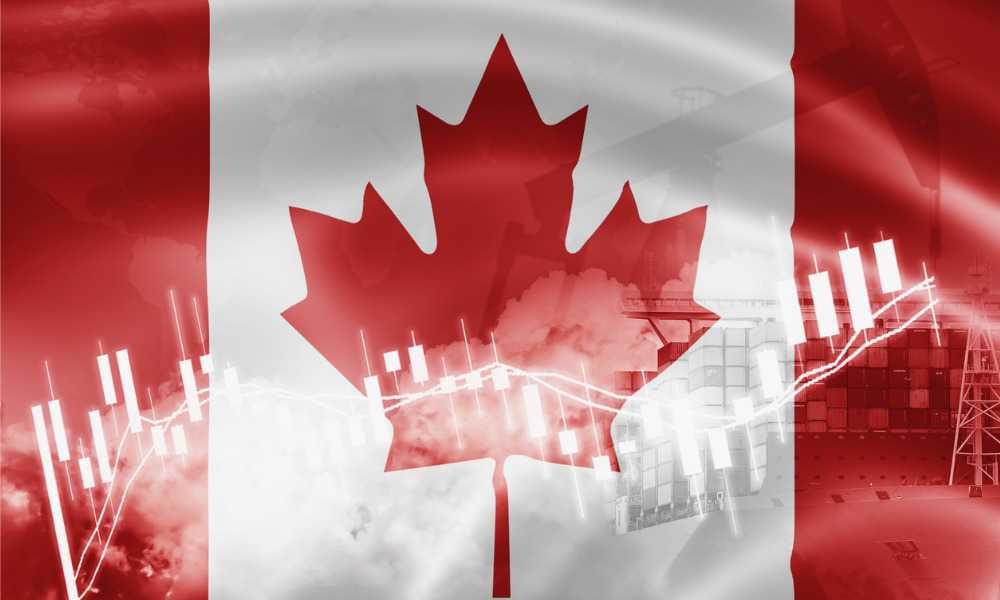Canada might see economic contractions beginning later this year, says RBC economist

The likelihood of outsized rate hikes preventing the possibility of an outright recession is becoming an increasingly “distant prospect”, according to RBC Economics.
The statement by Josh Nye, senior economist at RBC, came in the wake of the Bank of Canada’s 75-basis-point hike last week, which was matched by the European Central Bank shortly after.
“We expect the [US Federal Reserve] will do the same later this month,” Nye said. “It’s telling that the 50bp increase we expect from the [Bank of England] this week now looks modest.”
However, these increases might not be enough to stave off the worst impacts of the inflationary spiral currently percolating through the world’s developed economies.
“Central banks are aware of the challenge, but only the BoE has been bold enough to forecast a recession,” Nye said. “For our part, we think a European downturn is already underway as a continental energy crisis deepens. Canada, the US, and UK are likely to see their own economic contractions beginning later this year or in 2023.”
Read more: A rough road lies ahead for the Canadian economy, says former BoC official
Nye added that these declines, “while unpleasant, are arguably needed to return supply and demand to better balance and ease inflationary pressure.”
“While some of the global drivers of inflation – oil and non-energy commodity prices, supply chain pressures and shipping costs – are easing, domestic price pressures and elevated inflation expectations continue to make ‘restrictive’ monetary policy the preferred path for central banks.”
RBC adjusted its predictions from a final 25bp rate hike at the BoC’s next meeting in October, to a 50bp increase next month and a further 25bp hike in December. This will place the overnight rate of 4% by the end of the year, up from RBC’s previous forecast of 3.5%.
“That’s slightly ahead of market expectations, but we think upcoming inflation reports and inflation expectations (particularly the BoC’s BOS and CSCE surveys in October) will be key to whether consensus lands on a 25 or 50bp hike at the next meeting,” Nye said.



